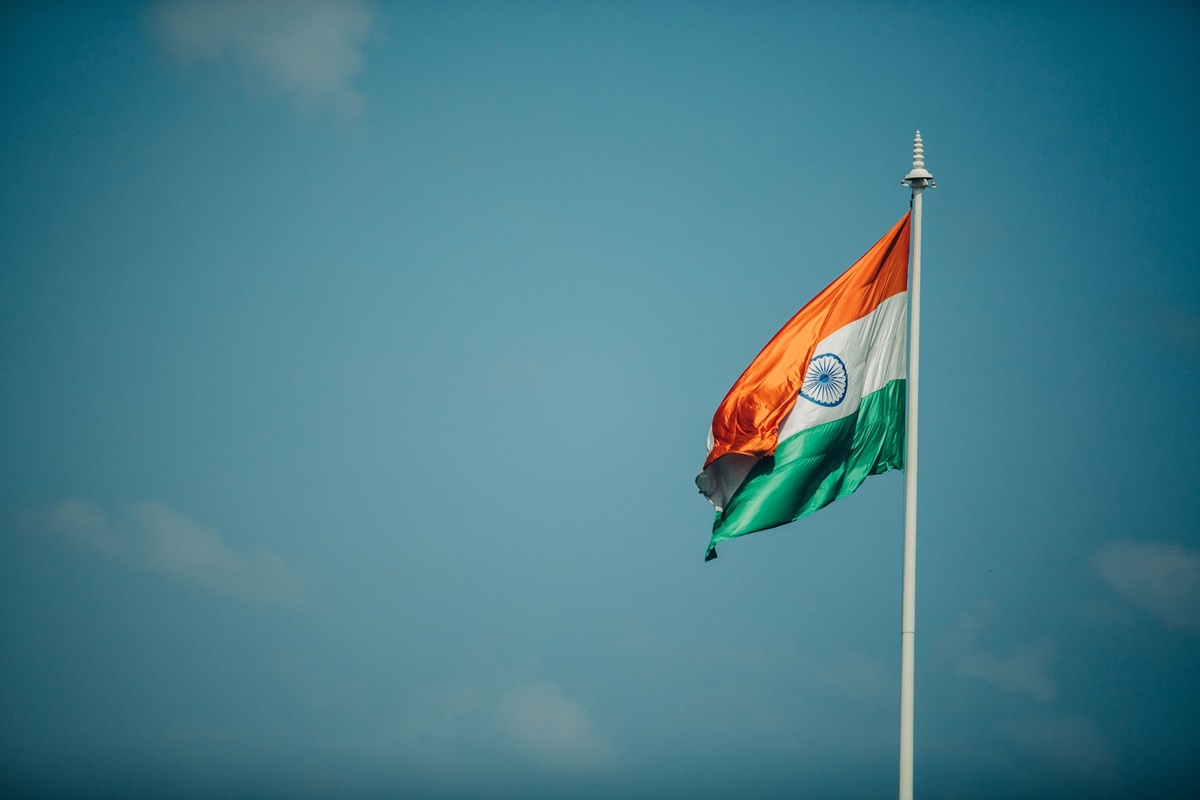The report of the Reserve Bank of India (RBI), which was released on Wednesday, December 20, contains a statement that the economic system of this South Asian country will continue to demonstrate dynamic growth at a healthy pace, but the fact of the negative impact of high inflation on consumer demand creates a risk factor for the implementation of a positive scenario.

In real-time, the increase in the cost of goods and services damages discretionary consumer spending. Against this background, the growth rate of manufacturing companies is slowing down. Inflation is also a factor with a negative impact on the mentioned firms’ capital expenditures. The relevant information is contained in the RBI report on the current state of the South Asian country’s economic system.
Experts from the specified financial institution, which performs the functions of the central bank of India, also say that if inflation returns to the target and remains at this level, there is a high probability of a slowdown in economic growth.
The RBI said that repeated food shocks reinforce confidence that this is the sphere where the core of the increase in the cost of goods and services lies. The central bank notes that monetary policy strategy will have to react if food prices remain at high levels and send secondary impulses throughout the economic system.
The RBI predicts that the average inflation rate in India for the fiscal year, which ends in March, will be 5.4%. The central bank also expects that in the first three quarters of the next financial year, this figure will be fixed at 4.6%. This year, the RBI stated its desire for inflation to settle around the target level of 4% on a long-term basis. The financial regulator noted that without achieving this result, it is not necessary to start considering the issue of reducing interest rates.
In December, the RBI suspended the revision of its monetary policy strategy for the fifth time in a row. In this context, the financial regulator drew attention to the risks associated with the inflationary process. The RBI noted that interest rates in the Indian economic system, which is the third largest in Asia, will remain high for a long period.
The central bank also expects intensive activity before the end of the current financial year. In the first half of the year, the South Asian country’s economic system showed growth of 7.5%. The pace of positive dynamics observed in the period from July to September came as a surprise, surpassing the more pessimistic forecasts of analysts.
Currently, a recovery in consumer demand in rural areas is being recorded in India. At the same time, the main factor of economic growth was the spending of the government of the South Asian country on the implementation of infrastructure projects. The relevant information is contained in the RBI report.
The central bank also noted that disinflation at different rates in certain regions of India next year could pave the way for lower interest rates. The RBI also expects that in the foreseeable future, widespread economic strengthening in the South Asian country will likely be sustained by easing input costs and corporate profitability.
As we have reported earlier, RBI Introduces Conversational Payments With AI Involved.









